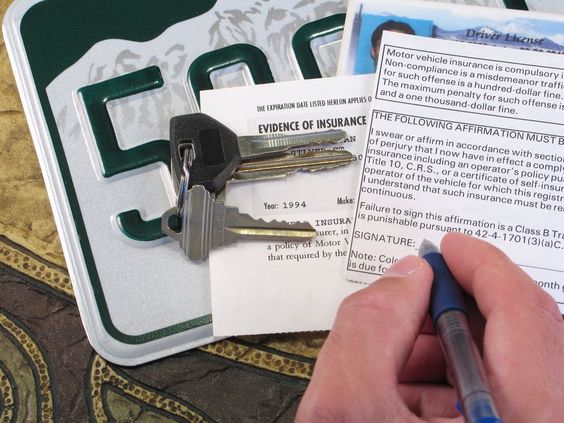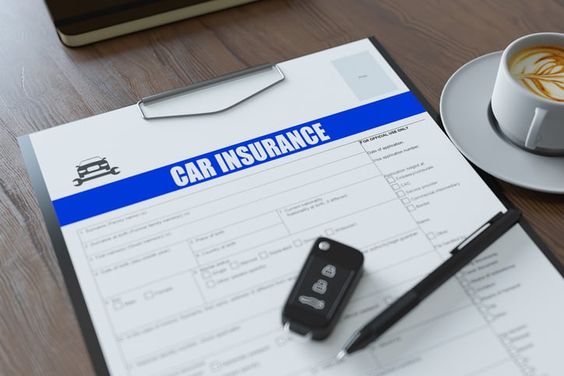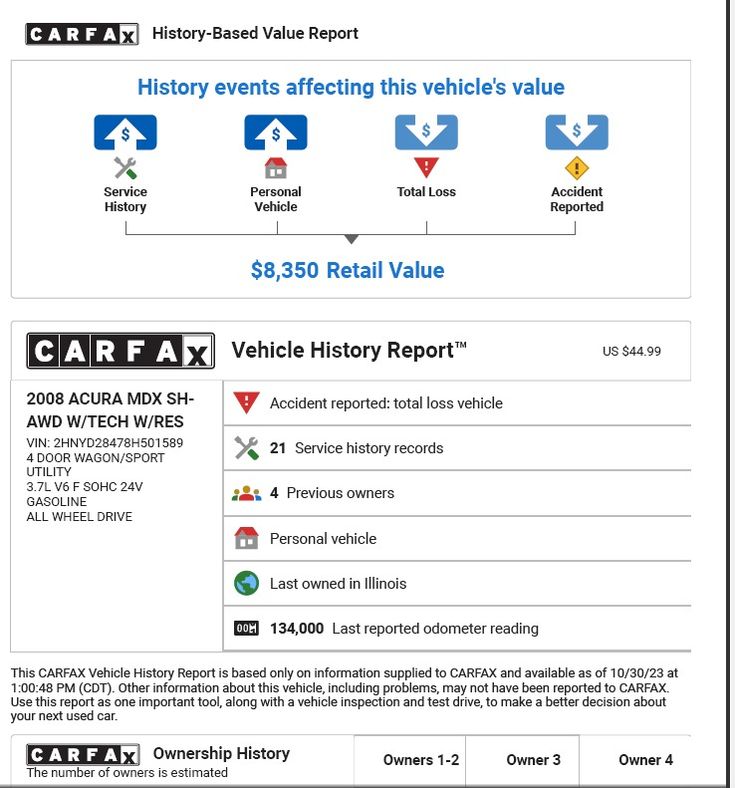Introduction:
Buying a new car is an exciting experience, but the process doesn't end with signing the paperwork at the dealership. Registering your car is a crucial step that ensures you're legally allowed to drive it on public roads. This process can seem daunting, especially if you're a first-time car owner. But don't worry, it's not as complicated as it might seem. This guide will walk you through the car registration process, explaining what to expect and how to navigate it smoothly.

Gathering the Necessary Documents:
Before you can register your car, you'll need to gather a few essential documents. These typically include:
- Proof of Purchase: This could be your sales contract or bill of sale from the dealership or private seller.
- Vehicle Identification Number (VIN): This unique number identifies your car and can be found on your car's dashboard, driver's side doorjamb, or on the registration paperwork.
- Proof of Insurance: You'll need to provide proof that you have valid car insurance.
- Driver's License: You'll need a valid driver's license to register your car.
- Emissions Test Results (if applicable): Some states require an emissions test for older vehicles.
Visiting the DMV or Online Registration:
Once you have all the necessary documents, you can register your car. You can typically do this in person at your local Department of Motor Vehicles (DMV) office or online. The process may vary slightly depending on your state, so it's always a good idea to check your state's DMV website for specific instructions.
Paying Registration Fees:
When you register your car, you'll need to pay registration fees. These fees vary by state and are typically based on the vehicle's age, make, and model. You may also need to pay sales tax if you purchased the car from a private seller.
Receiving Your Registration:
After you've completed the registration process and paid the necessary fees, you'll receive your car registration documents. These documents will include your license plates and registration card. Make sure to keep these documents in a safe place, as you'll need them to prove you're legally allowed to drive your car.
Conclusion:
Registering your car is a straightforward process that ensures you're legally allowed to drive it on public roads. By gathering the necessary documents, visiting the DMV or registering online, and paying the required fees, you can complete this process efficiently. Remember to keep your registration documents in a safe place and always follow your state's specific requirements. Enjoy your new car!





